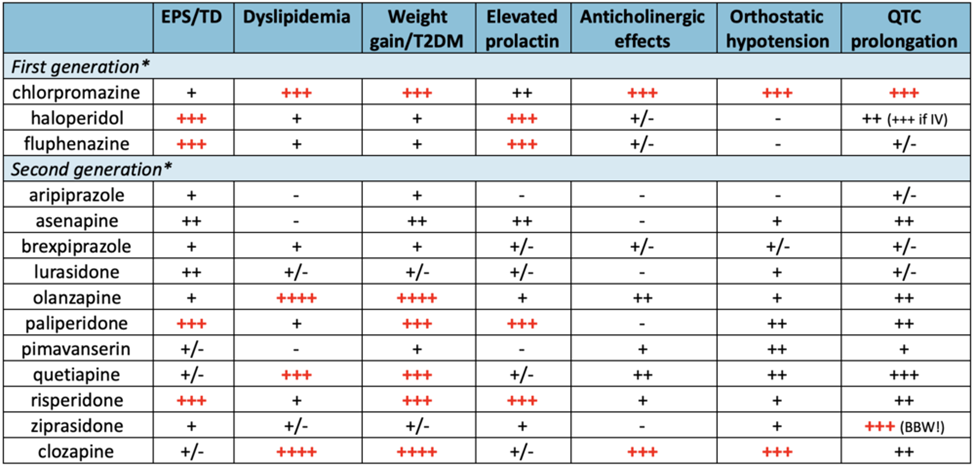A nurse on an in-patient unit received report at 15:00 hours. Which client should the nurse see first?
A client diagnosed I with hypomania who is speaking loudly on the unit.
A client diagnosed with hypomania who is complaining of pain.
A client with a history of mania who is pacing in the hallway
A client diagnosed with mania who expressed active suicidal ideations
The Correct Answer is D
A. A client diagnosed with hypomania who is speaking loudly on the unit: Hypomania involves elevated mood and increased activity, but it doesn't typically present an immediate risk of harm to self or others. While it may be disruptive, it doesn't have the same urgency as active suicidal ideation.
B. A client diagnosed with hypomania who is complaining of pain: Pain complaints should be addressed, but in the context of the given choices, it is not the highest priority. Assessing and addressing the potential for harm due to active suicidal ideation is more critical.
C. A client with a history of mania who is pacing in the hallway: Pacing in the hallway, while indicative of increased activity, does not necessarily indicate an immediate risk. The client expressing active suicidal ideations poses a more urgent concern that requires immediate attention.
D.A client diagnosed with mania who expressed active suicidal ideations
In determining priority, the nurse should consider the level of risk and the potential for harm to self or others. Suicidal ideation is a significant concern that requires immediate attention. A client expressing active suicidal thoughts poses an immediate risk to their safety.
Nursing Test Bank
Naxlex Comprehensive Predictor Exams
Related Questions
Correct Answer is D
Explanation
A. Implement the client's behavioral modification plan:
While addressing the client's behavioral modification plan is important, it may not be the immediate priority when the client has self-inflicted cuts. Ensuring physical safety and assessing the extent of the injury take precedence.
B. Document the size and location of the cuts:
Documentation is important, but it is not the first action to be taken. The immediate concern is to assess the physical condition of the cuts and address any potential risks.
C. Administer a tetanus antitoxin:
Administering a tetanus antitoxin may be necessary depending on the nature and depth of the cuts. However, it is not the first action. First, a thorough inspection of the cuts is needed to determine the appropriate course of action.
D. Inspect the cuts for debris:
This is the most appropriate first action. Inspecting the cuts for debris helps determine the severity of the wounds and whether there is a risk of infection. It also allows the nurse to assess the need for further medical intervention.
Correct Answer is D
Explanation
A. Risperidone (Risperdal):
Risperidone is an atypical antipsychotic and generally has a lower propensity for causing anticholinergic side effects compared to typical antipsychotics.
B. Lithium (Lithobid):
Lithium is a mood stabilizer used primarily for bipolar disorder and does not typically cause anticholinergic side effects.
C. Buspirone (Buspar):
Buspirone is an anxiolytic medication and does not have significant anticholinergic properties. It tends to have fewer side effects compared to other medications used for anxiety.
D. Fluphenazine (Prolixin):
Fluphenazine is a typical antipsychotic medication and belongs to the phenothiazine class, which is known to have notable anticholinergic effects. These effects can include dry mouth, constipation, blurred vision, urinary retention, and cognitive impairment.

Whether you are a student looking to ace your exams or a practicing nurse seeking to enhance your expertise , our nursing education contents will empower you with the confidence and competence to make a difference in the lives of patients and become a respected leader in the healthcare field.
Visit Naxlex, invest in your future and unlock endless possibilities with our unparalleled nursing education contents today
Report Wrong Answer on the Current Question
Do you disagree with the answer? If yes, what is your expected answer? Explain.
Kindly be descriptive with the issue you are facing.
